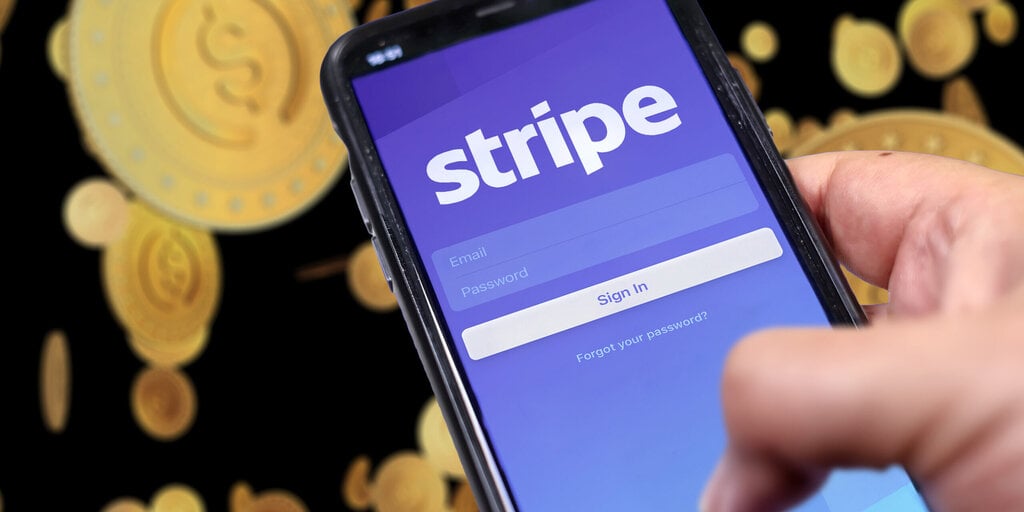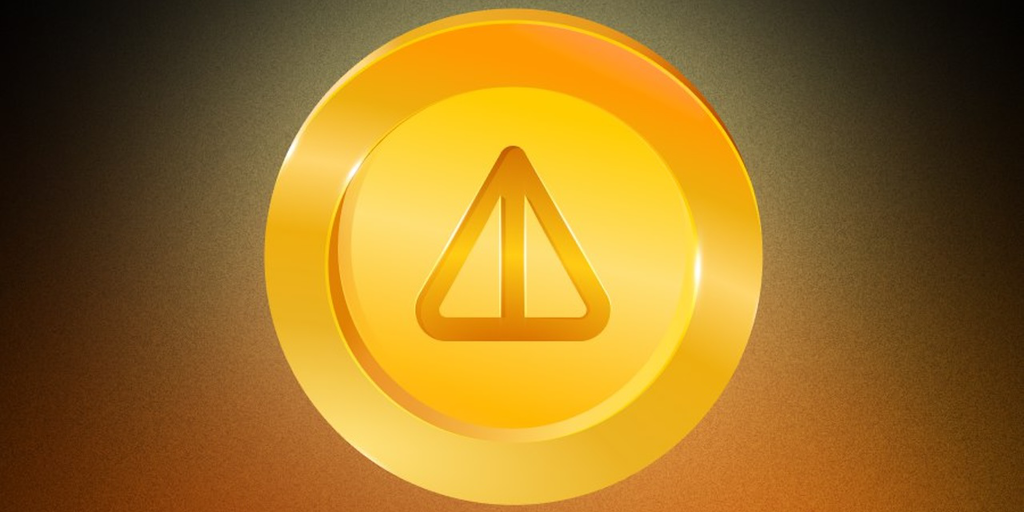Stripe to Accept USDC for Online Payments
Payments processor Stripe has announced that it will be allowing merchants to receive funds in the USD Coin (USDC) stablecoin, marking its return to the crypto game. This move will enable companies using Stripe’s technology to accept USDC for online payments, starting this summer.
USDC is currently the second-largest stablecoin in the crypto space and ranks as the sixth largest cryptocurrency by market cap. John Egan, head of crypto at Stripe, expressed excitement about this development, stating, “We’re excited about empowering Stripe users to accept stablecoin payments, helping them expand their global reach and provide their customers with easy, fast, and trustworthy transactions, even if they don’t have a bank account or credit card.”
According to a report by TechCrunch, Stripe will support USDC transactions on the Ethereum, Solana, and Polygon networks. This initiative marks a significant shift for Stripe, which previously embraced Bitcoin payments in 2014 but later discontinued this service due to rising costs on the blockchain.
Although its crypto initiatives took a hiatus in 2018, Stripe maintained optimism about cryptocurrencies overall. In March 2022, the company re-entered the crypto space by extending its payment platform to accommodate NFT purchases and other Web3 companies, offering fraud prevention features such as know-your-customer (KYC) requirements.
Today, Stripe’s decision to allow merchants to accept USDC and settle transactions on-chain represents a strategic move in the stablecoin arena. Payments made in USDC will be automatically converted into fiat currency and deposited into the merchant’s Stripe account.
Stablecoins like USDC are designed to have a value pegged to another asset, such as dollars or gold, making them less volatile than traditional cryptocurrencies like Bitcoin. These digital assets are especially useful for crypto traders looking to swiftly enter and exit positions without converting directly into fiat currency, particularly in regions where access to such currencies is limited or restricted.
Image/Photo credit: source url





